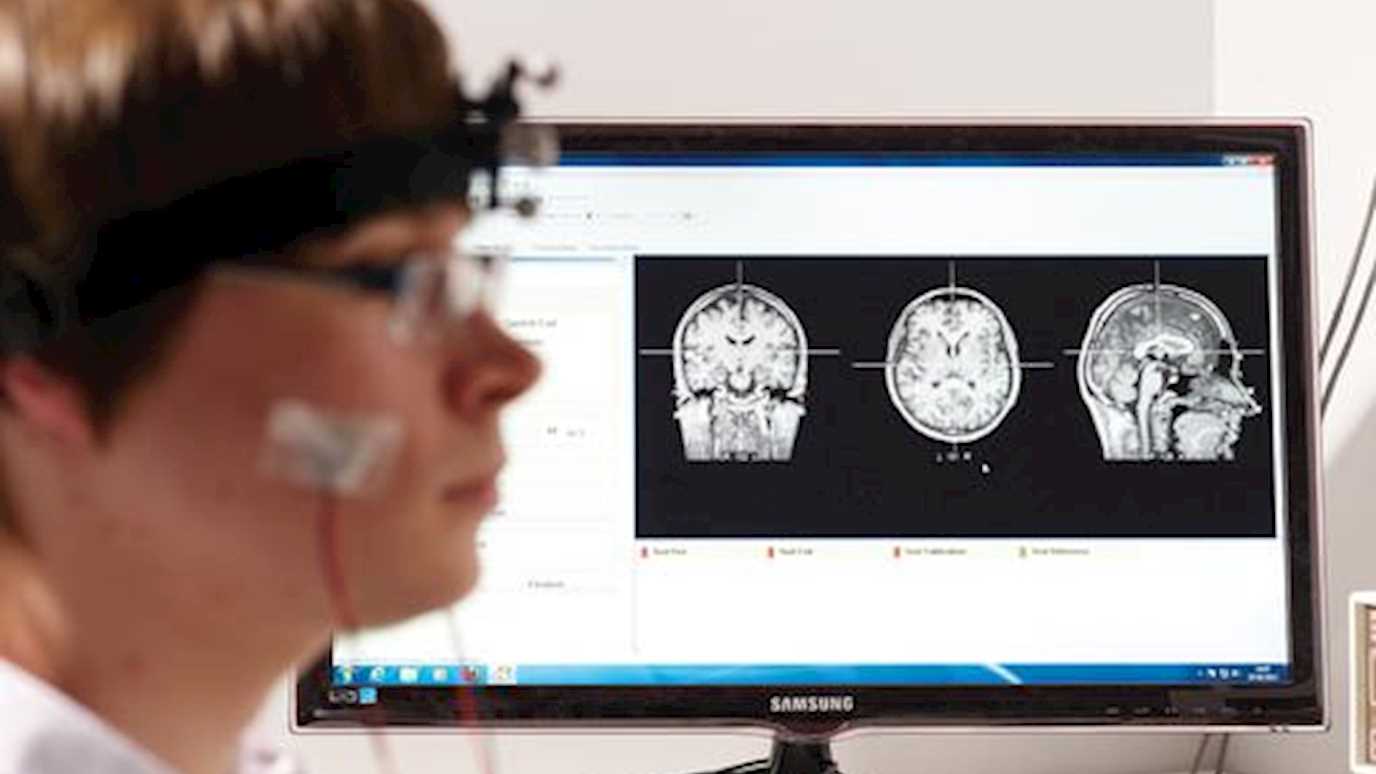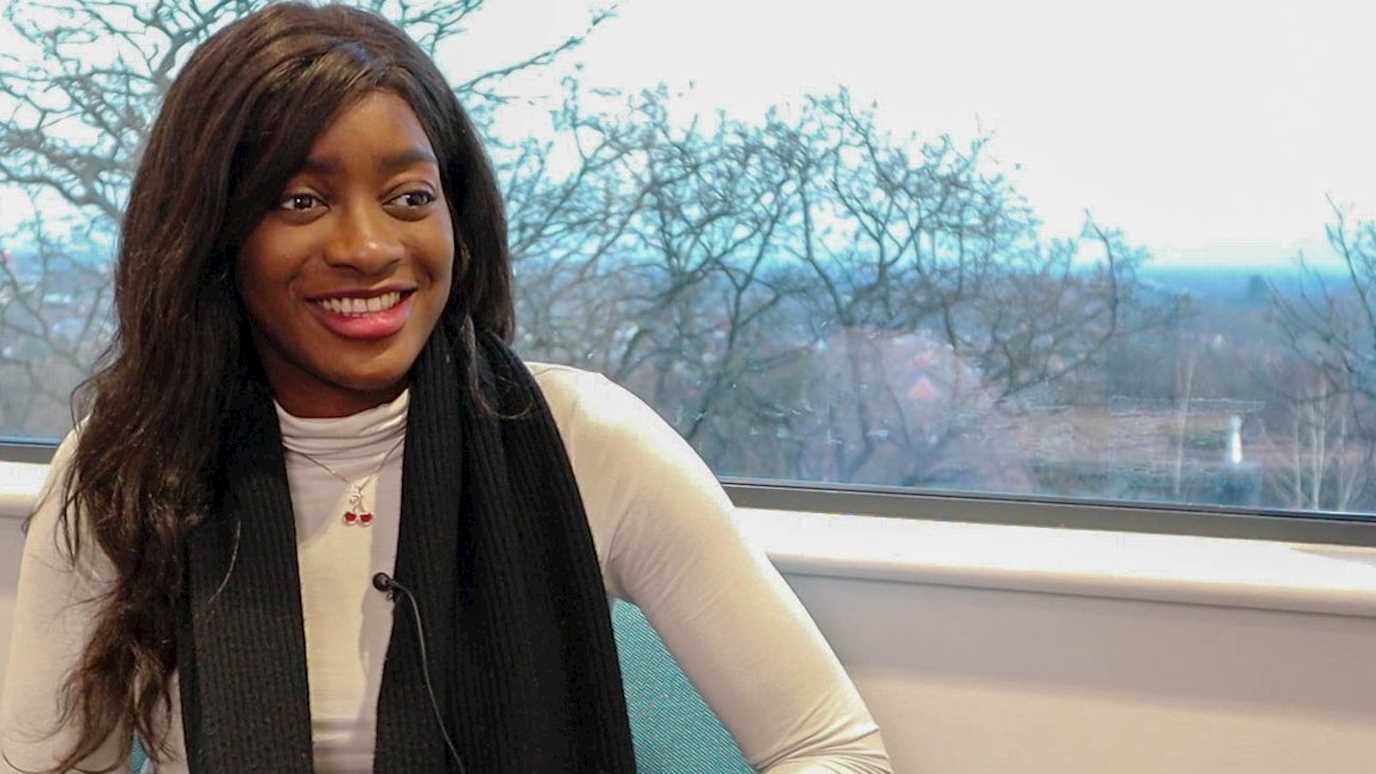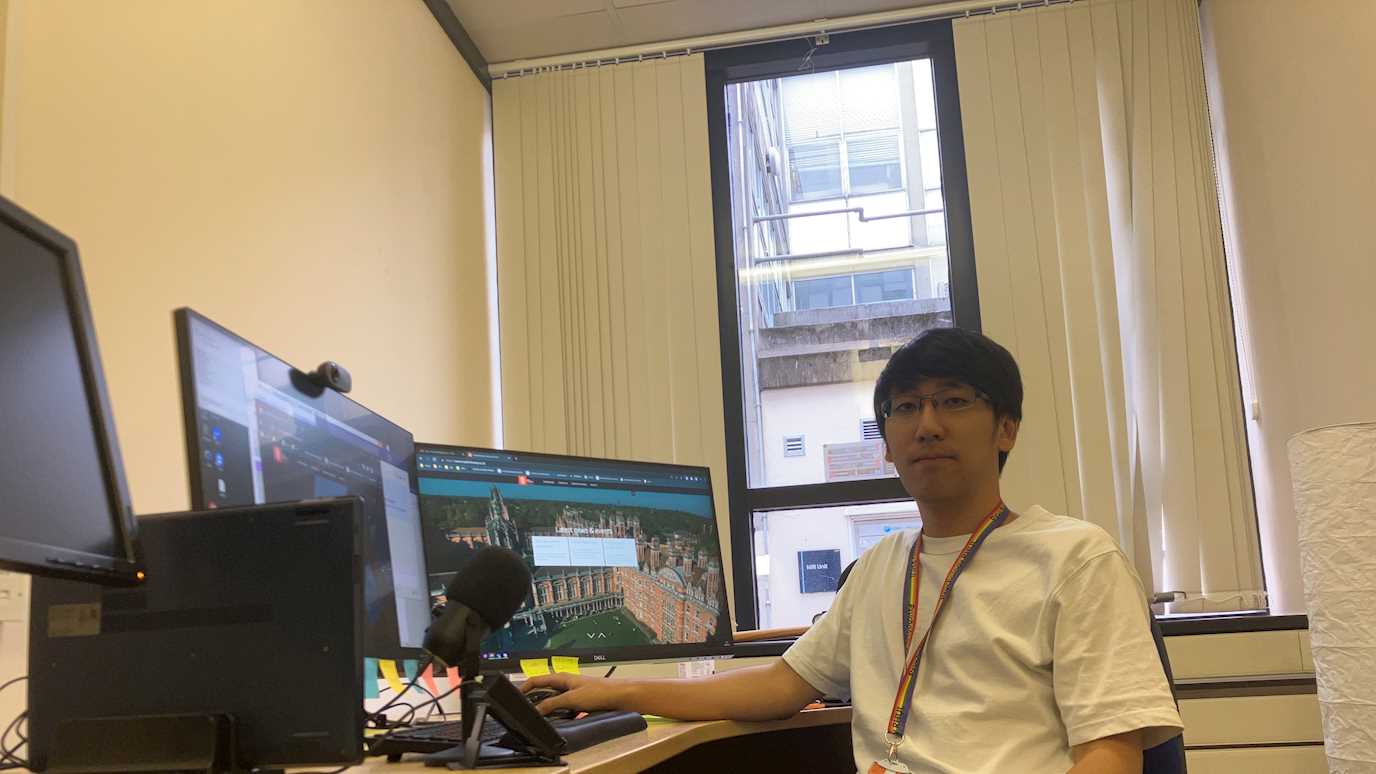A new study on the psychological impacts of the Covid-19 pandemic on the UK population has revealed behavioural traits that predicted who adhered to lockdown restrictions, and those who didn’t.

The research from Royal Holloway, University of London in collaboration with University College London, found that individual responses to abrupt national lockdowns varied depending on personal attitudes towards reward and gratification.
The study identified a split in how people make decisions about rewards in relation to social distancing adherence and mental health symptoms. It revealed that people who adhered less to social distancing restrictions had a preference for immediate gratification, and struggled to adapt to the immediate onset of lockdown guidelines. This can be attributed to their devaluing of the larger, delayed rewards that could be obtained through following social distancing guidelines, such as the eventual end of the pandemic.
The study of 442 participants also revealed that individuals likelier to disregard social distancing usually took more time to modify their behaviour when met with an abrupt external change. This suggests that lockdown violations were due to the increased time that some people took to change their actions when met with sudden restrictions, rather than as an act of conscious dissent.
Conversely, those who experienced fewer attitudes of anxiety towards the pandemic were more likely to follow social distancing guidelines if they were sensitive to the magnitude of delayed rewards, believing that the rewards at the pandemic’s resolution would be greater by virtue of following national guidelines.
These factors suggest that a person’s adherence to social restrictions and lockdowns were more likely influenced by personal cognitive characteristics, rather than personal choices.
Alex Lloyd, from the Department of Psychology at Royal Holloway, said: “These findings can help us understand some of the psychological factors that contribute to peoples’ decision to follow guidance implemented during the Covid-19 pandemic.
“We found that people who prefer immediate rewards were less able to restrict their behaviour to following social distancing rules. We also found that people who are slower at adapting to changes in their surroundings were more likely to violate the lockdown restrictions.
“Compared to other studies that have focussed on people who make active decisions to break the lockdown rules, our findings suggest that some people who violated the lockdown restrictions did so because they hadn’t adjusted their behaviour to the latest guidance.”
Dr Liam Mason, of UCL Psychology & Language Sciences and UCL Queen Square Institute of Neurology, said: “We hope that our findings could help to plan new ways to promote adherence to social distancing measures, and perhaps other public health interventions, while minimising the negative repercussions for mental health.”




























